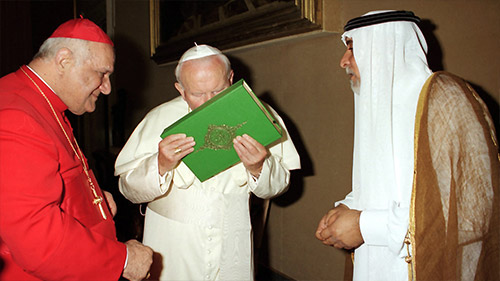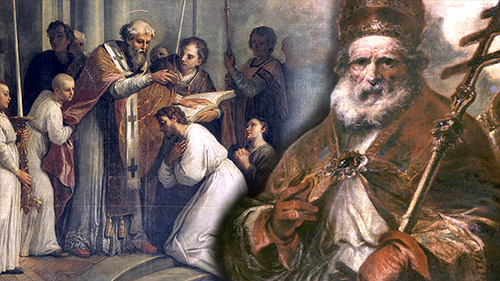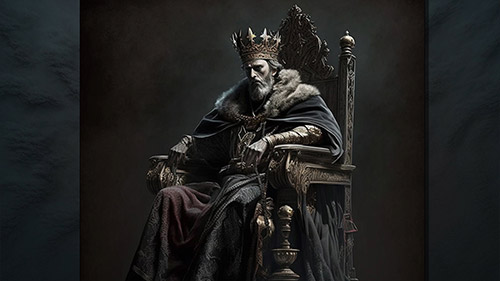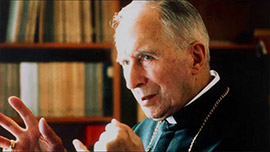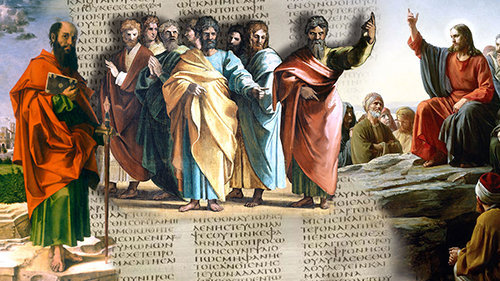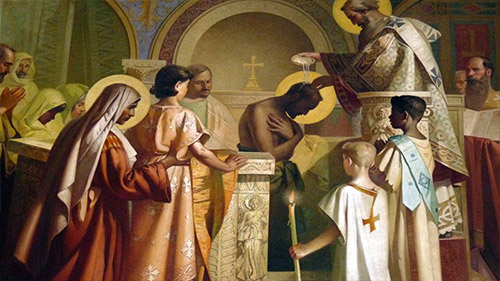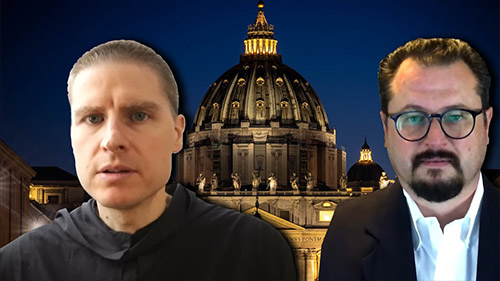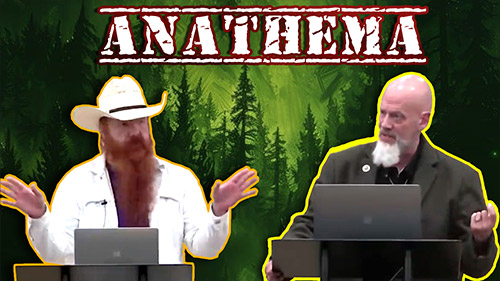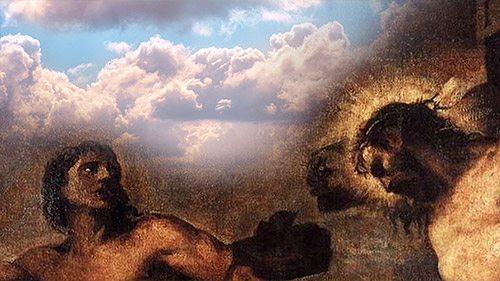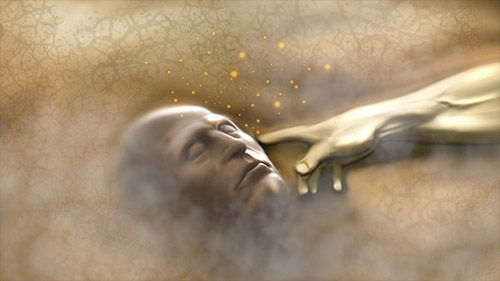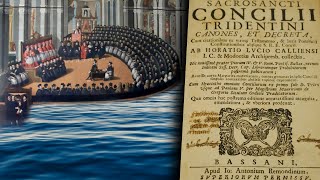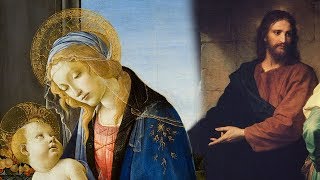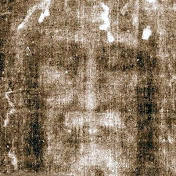 | vaticancatholic.com - English Channel |
Download Audio — File Size: 9.27 MB — Duration: 9:19 Faith & Doctrine | History | The Seven Sacraments | Traditional Catholic Issues Bro. Peter Dimond In our material we emphasize the Gospel and dogmatic Catholic truth that no one at all can be saved without faith in Jesus Christ. We also emphasize and defend the Church’s dogmatic teaching that the Catholic faith is required for salvation. Sadly, these truths are widely denied today, including by most people who purport to be traditional Catholics. It’s a huge problem. For example, groups such as the SSPX, CMRI, SSPV, Fraternity of St. Peter, and many others (not to mention, of course, the Vatican II sect) hold that souls can be saved without faith in Jesus Christ.
That is contrary to Catholic dogma and it actually constitutes a denial of the Gospel. That false position (that souls can be saved without even faith in Jesus Christ) was taught, for example, by Marcel Lefebvre (the founder of the SSPX) and it’s printed in the SSPX’s books. The SSPX openly teaches that souls can be saved in non-Catholic/non-Christian religions. That is heresy. Various CMRI priests are on record expressing the same blatantly heretical position, with one (named Bernard Welp) even admitting that he believes a Jew who rejects Jesus can be saved. Years ago I also spoke with Benedict Hughes, a member of the CMRI sect, and in the conversation he admitted and we have a recording of this on our website that he believes that someone who does not believe in Jesus can be in the Church, and when I asked him if he believes that a Jew who rejects Jesus could be saved in that state he did not rule it out. He's not Catholic he doesn't believe in Catholic dogma or the Gospel. Cistercian Theologian Peter De Lorca (1554-1606) In the past we’ve quoted many dogmatic and papal pronouncements to refute the aforementioned faith-destroying heresy, but here I want to quote a Cistercian theologian named Pedro De Lorca who died in the early 1600s. He became Superior General of his order in Spain. He was not infallible or correct on everything, of course, but he was very strong on the necessity of explicit faith in Jesus Christ and the Trinity for salvation. He made some very interesting statements on this topic, and he based his conclusions on dogmatic teaching. Writing hundreds of years ago, he made some of the very same arguments we make on this issue. To our knowledge, this is the first time that his statements on this issue have been translated from Latin into English. Concerning the necessity of explicit faith and faith in the Gospel (and he also applies this to faith in the Holy Trinity), he wrote:
He argues that since the dogmatic decrees of the Church define that the Catholic faith is required for salvation, that demonstrates that explicit faith in Jesus Christ is absolutely required, since the Catholic faith is an explicit faith in Christ and the Gospel (not simply a belief that God as a rewarder). He continues.
This is a very interesting statement. He says that, in his view, no Catholic will dare to hold that at this time any non-Christian (such as a Jew) can be saved, because the idea is so opposed to Catholic teaching. But almost all false traditionalist priests in our day, including the pseudo-clergy of the SSPX, CMRI, SSPV, FSSP, etc. hold that very heresy, that non-Christians can be saved without faith in Jesus Christ and the Holy Trinity. That’s proof that they aren’t Catholic. Concerning the objection of invincible ignorance, de Lorca wrote:
Here De Lorca correctly teaches that no one, no matter his state of ignorance (vincible or invincible), can be saved without explicit faith in Jesus Christ. This is the Church’s teaching, because there’s no other name under Heaven by which men must be saved other than the name of Jesus. As our material shows, the act by which people must be justified and forgiven in the name of Jesus Christ is baptism. If someone is of good will and of the truth, God will bring that person to baptism and the true Christian faith, because He is all-good and all-powerful. De Lorca also reduces the position of the heretics to its false conclusion. He points out that if explicit faith in Christ is not required for salvation, as the heretics say, then an Arian or a Jew or a heretic can be saved. But that is false, he points out, because the Council of Florence defined the opposite, that no Jew or heretic can be saved, and he references the bull Cantate Domino (the very bull we frequently cite on this topic). In short, the position of almost all false traditionalist groups in our day at this period of the Great Apostasy, that souls can be saved in false religions and without faith in Jesus Christ, is a blatant denial of Catholic dogma and the teaching of the Gospel. To support or agree with those heretical groups in the face of these facts is to commit grave sin and deny the Catholic faith. Copyright © 2024 Most Holy Family Monastery |
Fr. Ripperger, SSPX, FSSP, CMRI, Etc. Promote Grave Errors – Refuted By Cistercian Theologian
October 21, 2024
SHOW MORE


